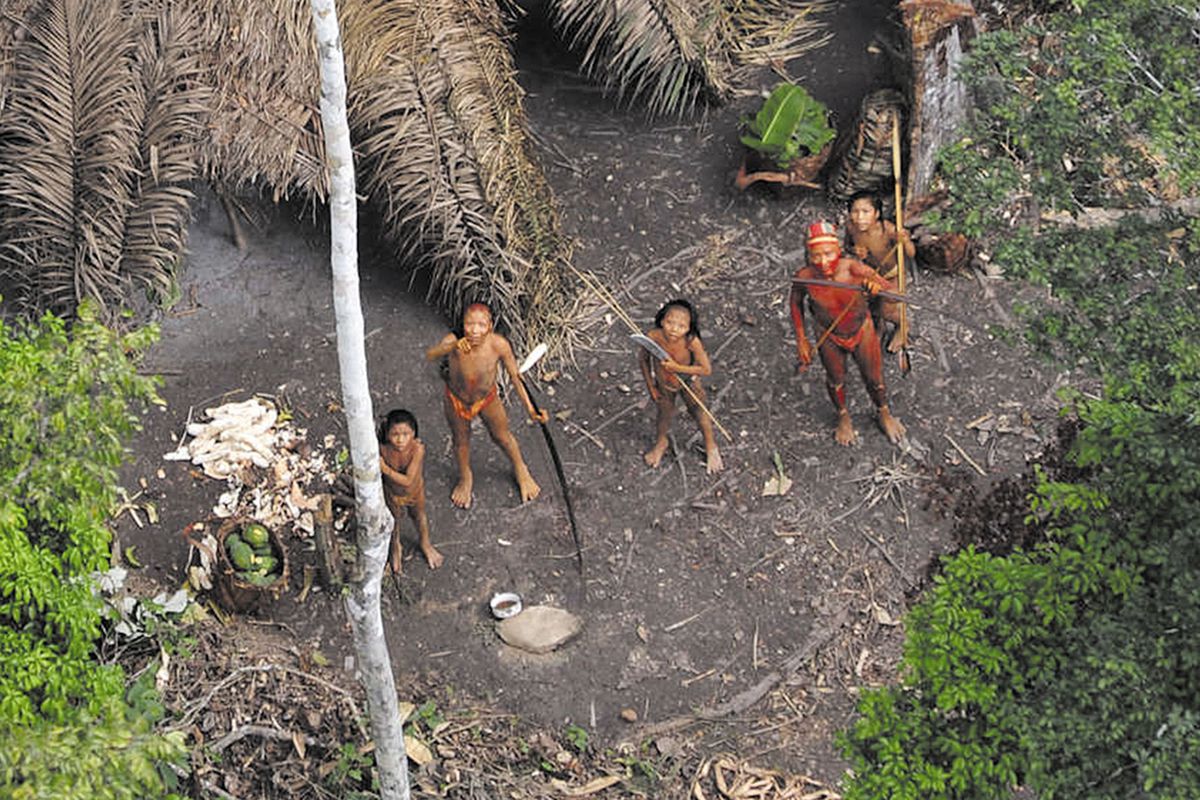In a remote corner of far-western Brazil lies the Vale do Javari, home to one of the greatest concentrations of isolated or entirely “uncontacted” tribes in the Amazon. Unlike indigenous lands elsewhere in the country, which have been colonized and polluted, the Javari’s very inaccessibility has kept it largely untouched.
But the people who live there remain extremely vulnerable. Recently, illegal gold miners in the region were alleged to have boasted of a brutal mass murder of ten members of an uncontacted tribe.
The allegations emerged a decade after the UN General Assembly adopted its Declaration on the Rights of Indigenous Peoples (UNDRIP) on September 13, 2007. The declaration was a result of decades of tireless campaigning by indigenous activists across the world, yet ongoing horror stories of abuses deep in the Amazon show how far countries like Brazil still have to go.

The UNDRIP affirms indigenous people, as a collective or as individuals, must enjoy the same human rights as everyone else. It also says they must give “free, prior and informed consent” regarding the use of traditionally held land or resources.
A vast majority of states voted in favor of the declaration, with just 11 abstentions and four votes against (Australia, Canada, New Zealand, and the U.S.), and it today remains the most comprehensive international instrument...


 Search
Search






































